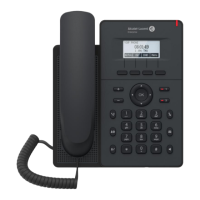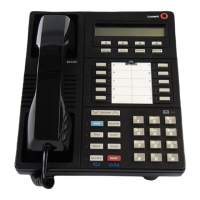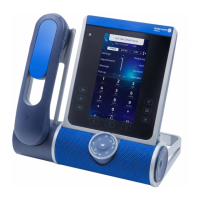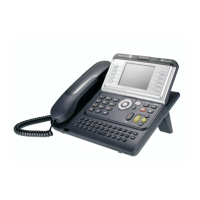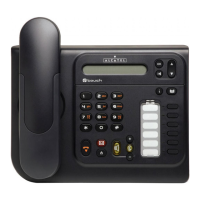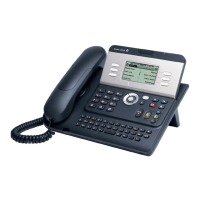Copyright @ALE 2020 All Rights Reserved
It configures the type of transport protocol.
0:UDP
1:TCP
2:TLS
3: DNS-NAPTR, if no server port is given, the IP phone performs the DNS NAPTR and SRV
queries for the service type and port.
Account ->Basic -> Transport Mode
It configures the TLS version the IP phone uses to authenticate with the server.
It enables or disables the peer verify for sip server.
SIP Features->General-> SIPs Peer Verify
It configures the SIP server certificate download url.
Maintenance -> Certificate Management -> Upload Customer Certificate
Secure Real-Time Transport Protocol (SRTP) encrypts the audio streams during VoIP phone calls
to avoid interception and eavesdropping. The parties participating in the call must enable SRTP
feature simultaneously. When this feature is enabled on both phones, the type of encryption to use
for the session is negotiated between the IP phones. This negotiation process is compliant with
RFC 4568.
When you place a call on the enabled SRTP phone, the IP phone sends an INVITE message with
the RTP/RTCP encryption algorithm to the destination phone. As described in RFC 3711,
RTP/RTCP streams may be encrypted using an AES (Advanced Encryption Standard) algorithm.
Example of the RTP encryption algorithm carried in the SDP of the INVITE message:
m=audio 6000 RTP/SAVP 0 8 18 9 101
a=crypto:1 AES_CM_128_HMAC_SHA1_80 inline:NzFlNTUwZDk2OGVlOTc3YzNkYTkwZWVkMTM1YWFj
a=crypto:2 AES_CM_128_HMAC_SHA1_32 inline:NzkyM2FjNzQ2ZDgxYjg0MzQwMGVmMGUxMzdmNWFm
a=crypto:3 F8_128_HMAC_SHA1_80 inline:NDliMWIzZGE1ZTAwZjA5ZGFhNjQ5YmEANTMzYzA0
a=rtpmap:0 PCMU/8000
a=rtpmap:8 PCMA/8000
a=rtpmap:18 G729/8000
a=fmtp:18 annexb=no
a=rtpmap:9 G722/8000
a=fmtp:101 0-15
a=rtpmap:101 telephone-event/8000
a=ptime:20
a=sendrecv

